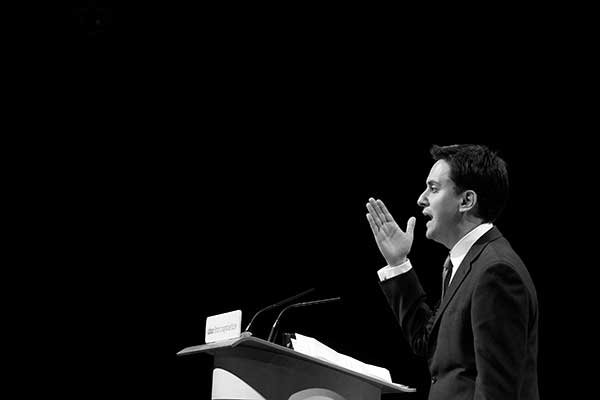Ed Miliband’s electoral pledge to cut university tuition fees has an obvious appeal to students, their parents, and disgruntled 2010 Liberal Democrat voters. It could be enough to carry a handful of crucial seats.
A Political Studies Association study of expert opinion on the election result, released yesterday, indicates biggest parties will be “virtually inseparable”. In other words, every seat might be crucial.
Following Miliband’s pledge to cut tuition fees to £6,000, YouGov pollster Peter Kellner claimed that up to nine seats with a sizeable student population could potentially swing to Labour. This is backed up by a report by the Higher Education Policy Institute, which shows that the student vote is incredibly responsive to parties’ higher education policies. Students moved towards the Liberal Democrats in the 2001, 2005 and 2010 elections but have since shifted to Labour and the Green Party in large numbers according to current polling and the 2014 European Parliament elections.
There has been no authoritative polling of students’ voting intention since the announcement, but if previous voting behaviour repeats the effect could be a huge boost for Labour in several marginal seats, some of which are listed below.
[table]Current MP,Seat,Majority,University,EnrolmentDan Byles (Con),North Warwickshire,54,Warwick,2240000
Jonathan Evans (Con),Cardiff North,194,Cardiff Met,28000;11000
Simon Wright (Lib Dem),Norwich South,310,East Anglia, 14000
Eric Ollerenshaw (Con),Lancaster and Fleetwood, 333, Lancaster, 12000
Caroline Lucas (Green), Brighton Pavilion, 1252, Brighton, 21000;13000[/table]
Labour came a close second in all the above seats in 2010. As the table shows, it would not take much of a swing within the student population for them to carry each one.Less marginal seats could also be under threat. Despite Nick Clegg’s majority of 15,000 in Sheffield Hallam, a recent Ashcroft poll has indicated a three point lead for the Labour candidate. Coalition ministers Nicky Morgan, Simon Hughes and Ed Davey also face tough battles in university seats.The risk of the Greens splitting the vote among students is receding. According to a poll conducted early last week, only 17% of 18-24s would now vote Green compared with almost 30% in January. Labour is supported by 37% of the age group, although turnout is weak.The most important job for Labour is to communicate the credibility of the policy. Some have criticised it for helping richer graduates, others claim it will hurt universities, while the threat of a Liberal Democrat veto in a future coalition may prevent it from looking realistic. And of course it will be paid for by older savers, who may have their own intentions swayed.During his announcement on Friday, in a speech to students in Leeds, Miliband dramatically proclaimed the Coalition had betrayed a generation. It is clear he needs their support in such a close election.

